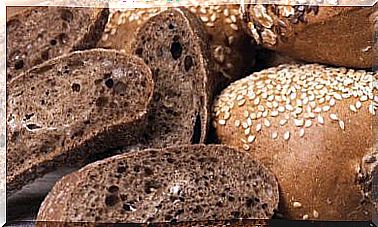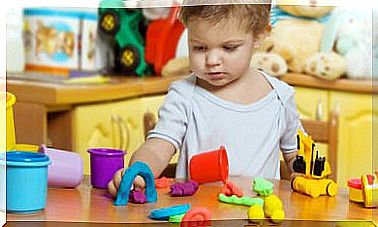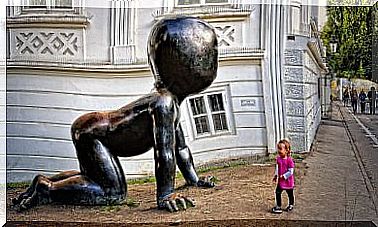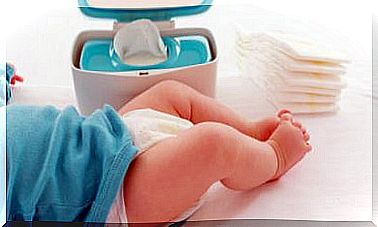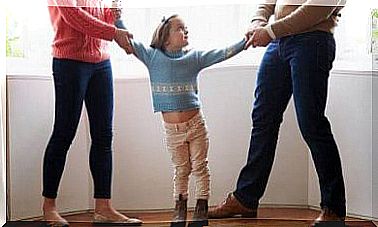How To Prevent Otitis In Babies
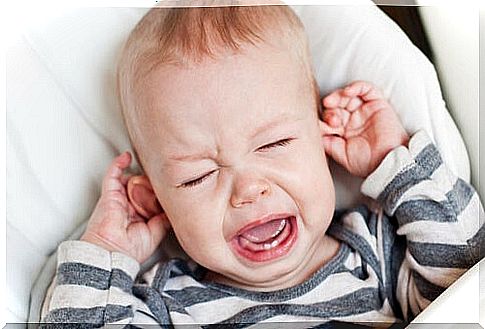
Ear pain is perhaps one of the sharpest and most painful pains a person can experience, and it is the main symptom of ear infections, an extremely common infection in the first years of life. We will show below some basic precautions to prevent otitis in babies. Check out!
What is otitis?
First, it is pertinent to clarify what we are talking about when we refer to ear infections. It is an infection caused by microorganisms in any section of the ear. This causes inflammation that causes severe pain.
Otitis can be classified into two different types:
- Otitis media: affects the middle ear, located behind the eardrum. This problem includes the Eustachian tube and the mastoid. It is very common in early childhood and the cause is usually infectious. Factors such as the amount of time the child can spend in day care centers, climate changes or exposure to cigarettes influence it.
- External otitis: In this type of otitis, inflammation of the external auditory meatus occurs. It is usually caused by water ingress or trauma to the area, such as incorrectly cleaning the baby’s ear with a cotton swab and causing a piercing.
Symptoms
The most obvious symptom is earache. It may be accompanied by the sensation of having the ear blocked, itching or even suppuration.
Other symptoms that may present are:
- Feeling of general malaise.
- Fever.
- Vomiting.
- Secretion of fluid from the ear.
- Frequent irritability and inconsolable crying in young children, which can also cause loss of appetite.
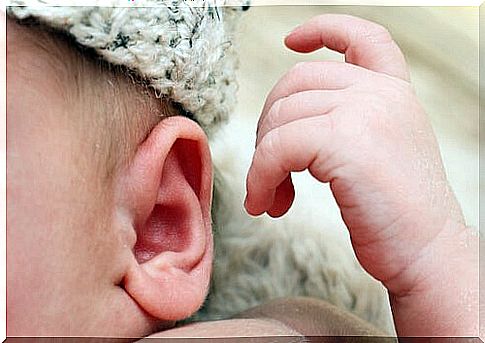
Consequences of Otitis
In general, otitis is a minor disease that can be completely cured without leaving any major sequelae . It is usually treated with antibiotics and anti-inflammatory drugs. It is important that these are always prescribed by professional doctors.
In extreme cases, otitis can leave sequelae. The mildest would be the generation of chronic inflammation or infection.
It could also be a determining factor for future cases of hearing loss. Here, factors such as the mucosal problem, the small ear bones and the location and size of the eardrum perforation come into play.
Advice to prevent otitis in babies
As we mentioned previously, otitis is a very common problem in babies. According to data provided by the Spanish Association of Pediatrics, between 80% and 90% of children develop it in their first two years of life.
Therefore, it is recommended to follow these guidelines to prevent otitis in babies and get them out of a bad moment:
- Maternal lactation: recommended for at least the first six months of life. Breast milk is the primary source of defenses for the baby’s body, which will help prevent infections such as ear infections, among others.
- Expelling the mucus: this is almost as important a factor as the previous one. We should teach the baby to blow his nose to prevent him from breathing in mucus and from building up in the airways and ear canals.
Although less important than the two previous ones, there are also other preventive measures that we should consider:
- Be careful with the cotton swabs when cleaning the baby’s ears. Remember that the primary function of earwax is to protect your ear, even if it sounds weird. In fact, many say that the ideal is not to use cotton swabs in the first years of life.
- Tilt baby’s head while bathing. This will prevent water from entering your ears. This is one of the main causes of otitis, both in children and adults.
- Avoid humid environments and high ambient temperatures, as well as places where there is cigarette smoke.
- See the specialist for an ear inspection at the first sign of the baby’s discomfort.
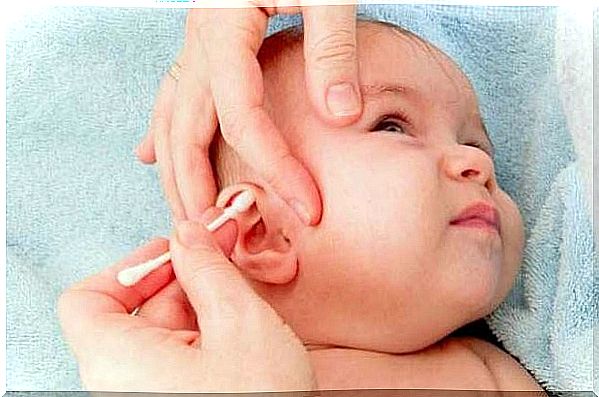
Although nothing guarantees preventing otitis in babies, it is important to follow up when this problem usually appears. In this way, you can take the necessary precautions at the indicated time.
If earache is uncomfortable for adults, who can talk and take medication to deal with it, imagine how intense and painful it is for a baby, who cannot tell us what happens.
It is essential, then, that you test your senses and take into account everything that has been said before to avoid otitis in babies, one of the most common problems at this stage of life.
